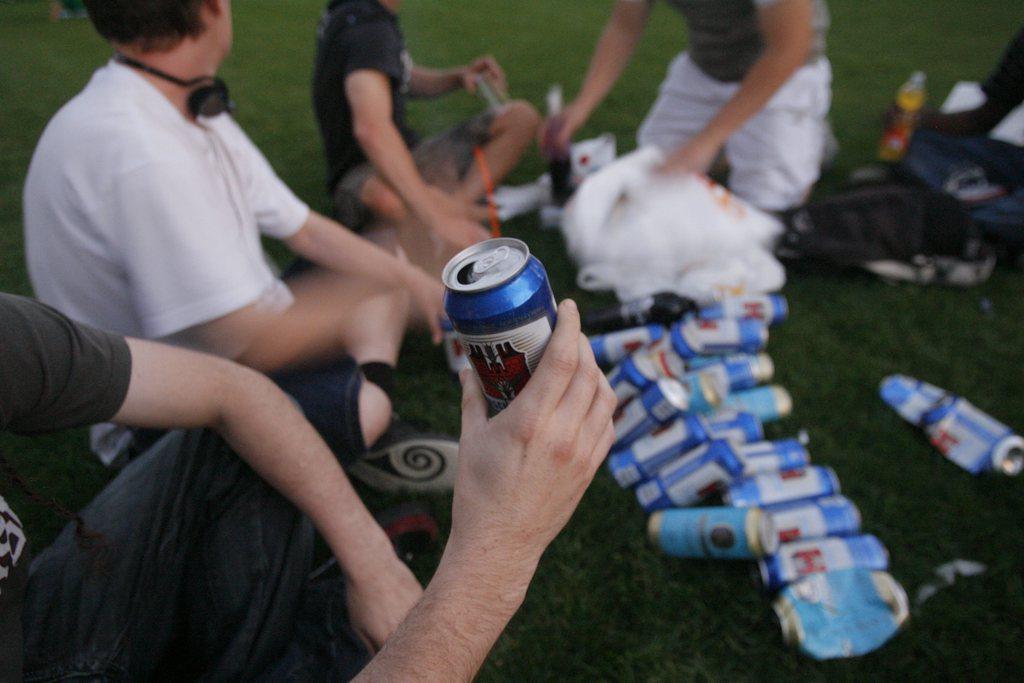Drinking drops through prevention measures

Young men are less likely to binge drink when legal measures aimed at preventing consumption are in place, according to a study published on Wednesday by the University of Zurich.
The Zurich researchers, aided by the University Hospital of Lausanne, reported that “Legal regulations – such as the minimum legal drinking age and restrictions on the sale or advertising of alcoholic beverages – have a preventive effect on young consumers”.
A survey was conducted on 5,700 young men with an average age of 20, half of whom were high-risk drinkers – meaning that once a month, they’d have least six drinks at one session.
“Young adults and young men are most at risk for risky and abusive drinking, which can develop into an alcohol addiction,” Mohler-Kuo Meichun, a professor at the University of Zurich explained.
‘Sensation-seeking’ young men less impressed
The studyExternal link reported that the men who were most prone to “sensation-seeking” or anti-social behaviour were the least respectful of laws aimed at preventing alcohol abuse.
Simon Foster, a scientist at the University of Zurich’s Institute of Epidemiology, Biostatistics and Prevention, admitted that “It’s very difficult to reach the men who are most at risk with the existing preventive measures”.
“This sub-group needs special preventive measures that are geared towards early detection and tailored to the personality profiles of the men affected,” Foster added.
The study’s results reflected other international studies conducted on the effects of legal preventive measures on drinking.
According to 2013 data published by the OECD, per capita alcohol consumption in Switzerland averaged 9.9 litres of pure alcohol, slightly higher than the OECD average. Ten litres of alcohol is equivalent to 200 litres of beer or 100 bottles of wine.

In compliance with the JTI standards
More: SWI swissinfo.ch certified by the Journalism Trust Initiative











You can find an overview of ongoing debates with our journalists here . Please join us!
If you want to start a conversation about a topic raised in this article or want to report factual errors, email us at english@swissinfo.ch.